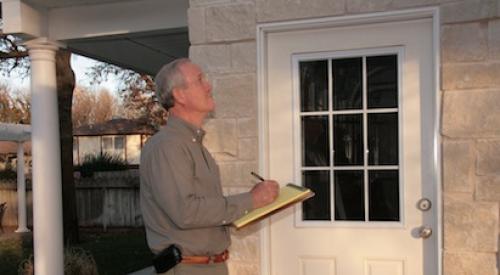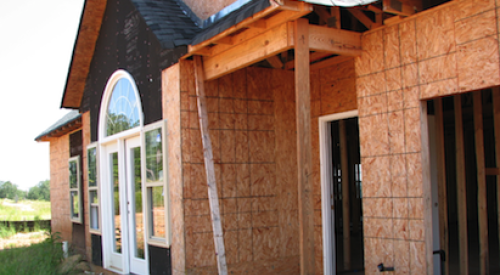For those regular readers of my column who have already experienced other previous down-cycles, as well as for those of you who joined our industry from the mid-1990s through 2006, this is without a doubt a great time to think “outside the box” in how you sell and market your houses.
This is the worst cycle I have experienced in my 49 years involved in home building. Whatever worked for you during the great years either stopped working or at best isn't working as well as it did.
I really cannot take personal credit for these great ideas; they come from our clients, and they work.
Consider these tactics and strategies:
1.) Have your sales offices shopped! I recently shopped sales teams. I was shocked at how few, if any, salespeople tried to sell me a home. They were still operating as if buyers were going to take houses away from them rather than selling their offerings. You need to have your salespeople sharp and selling.
2.) Make sure your sales offices and models are in tip-top shape! Models need to be clean and fresh; offices well-organized; burned out light bulbs replaced; and trash picked up daily. Landscaping and signs need to be in tip-top condition; they're what home buyers see first.
3.) Remember that Net sales after cancellations are what really count! In these times, it's most important to keep sales after you've made them. It's easy for buyer's remorse to set in. One of our clients has solved that problem in the novel way the company finances its sales. After seeing 20-plus of their 30 pre-sold houses cancel after construction started and winding up with 20-plus speculative houses to sell, they realized they had to stop cancellations. They talked with the banks providing their construction financing as well as other banks they had no previous relationship with and convinced them to make the construction loans directly with the home buyer rather than the company (subject to buyer's credit being acceptable and so long as the buyer had a commitment for a permanent takeout loan). The result: no cancellations.
4). Expand your current referral program or start a new one! Whereas newspaper and other media ads are costly and won't necessarily produce enough sales to warrant the investment, fees to your existing homeowners for referrals that are paid at closing directly relate to actual sales and are easy to track. The builder we refer to is offering $2,500 to existing homeowners for each referral they turn in that results in a sale, payable at closing.
Check your local state laws in each market to make sure you aren't breaking the law. We also suggested the builder hold a bi-monthly reception for all homeowners in the subdivision to introduce new buyers to the other families in the community. The firm also offers $25 for each referral, just for the lead.
5.) Help your buyers sell their existing homes! Dust off your previous guaranteed resale programs or start a new one. Help your buyers sell their existing home if that's what it takes to make the sale. Make sure your broker properly values the house for a quick sale within the new house construction period. That way the existing house is sold and ready to close when the new house is completed.
Ideally, the broker should be the one who guarantees the sale; it ensures that they're motivated to sell the home quickly. Work only with brokers who have the financial wherewithal to buy the existing home if it's not sold when the new home is complete. Also, it's very important that the broker is on your team; they need to be able to explain the program effectively (i.e. “You may not get all you want from the sale of your home but you're getting a great deal on the new one”). If it isn't sold quickly, you either priced it incorrectly or somebody wasn't paying attention.
6.) Revisit your product offerings and standard features! To really get out of the box, don't think that sales and marketing ends in the sales office. It's about the product too; does it still work for today's buyer? If your competition includes resales and foreclosures, it may just be all about price. Are your specs too high? Are the homes too big? Do you really need granite countertops as a standard feature? What's wrong with vinyl flooring? Don't leave any stone unturned; get the price down!
These are just a few ideas. Examine your own business and come up with your own. They may seem crazy or absurd at first but after studying them they might just help you stay in the game until the market stabilizes once again — and it will!
| Author Information |
| Michael P. Kahn is president of Michael P. Kahn & Associates, a financial advisory firm specializing in housing industry mergers, acquisitions and capital formation. |











